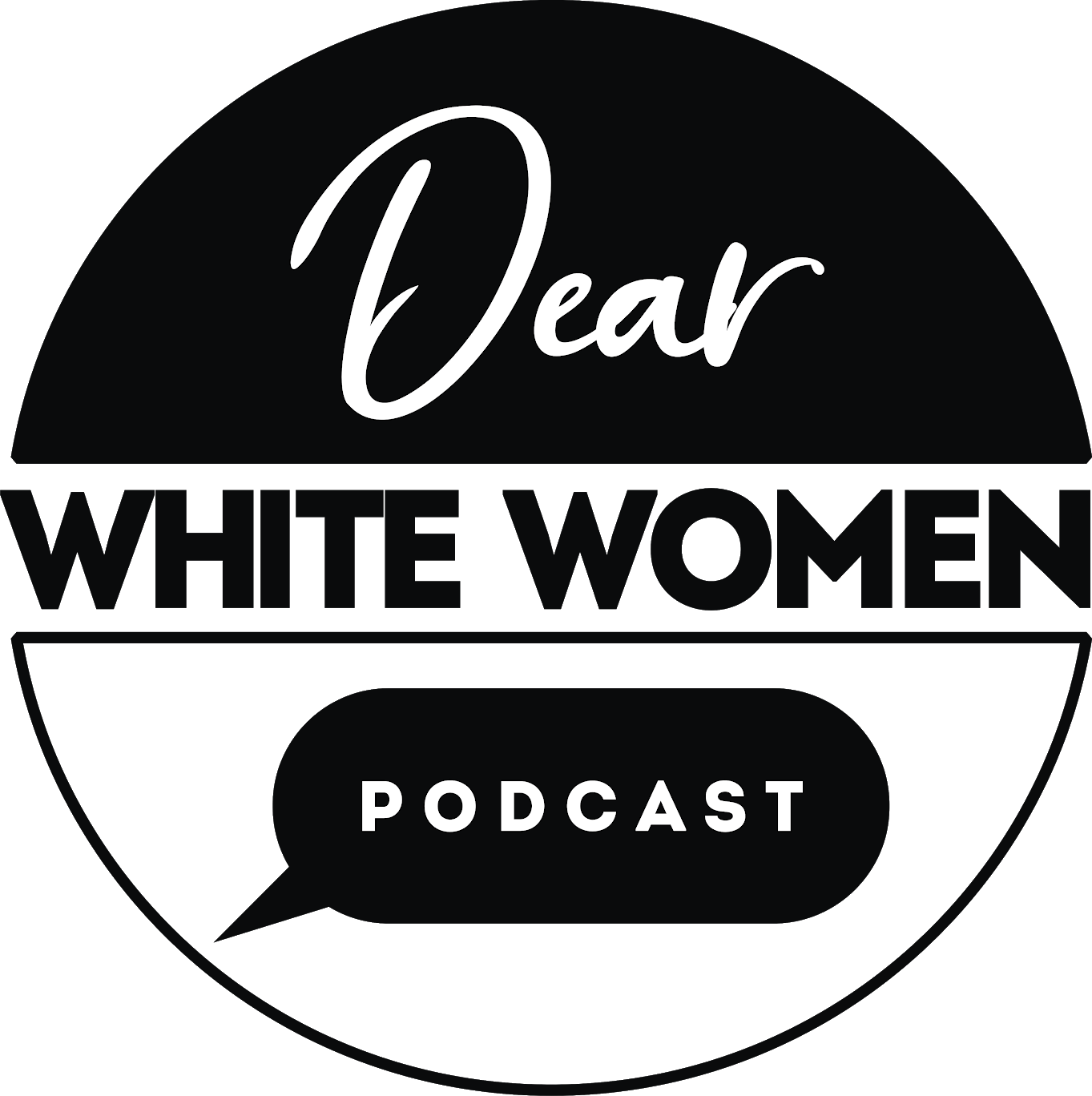Episode #56
Ableism, Part 2:
The Whitewashing of Disability
When you think of a disabled person, what image comes to mind? For example, do you think of a particular gender? Do you picture how they get around? How about their skin color?
In today’s episode, Sara and Misasha take on the subject of how both physical and mental disabilities impact people of color and everyone else who isn’t white, cisgender, and economically advantaged. You’ll also learn about #disabililtytoowhite and what you can do to support the work of disabled people of color who often do extraordinary work for very little pay.
Don’t miss this eye-opening and thought-provoking dialogue in Part 2 of the Ableism series!
“Ableism is complicated by race, gender, sexuality, class, age, and other minority statuses. If those voices are not being represented, they are not being heard.” Sara
Show Highlights:
Misasha provides an overview of the history behind #disabililtytoowhite and how it started a meaningful conversation about race and intersectionality in the disabled community.
The resulting conversation was witness to disabled people of color publicly sharing their plight at feeling invisible in the disabled community and finally feeling validated by having these conversations in a public space.
The hashtag was also a wakeup call and a call to action for white disabled people to become better allies.
There’s still a gap where mental health is concerned, and mental health continues to focus on middle-class whites.
Disabilities are not just physical but can be invisible, as well. Mental health disabilities are no less valid than physical health disabilities.
Sara shares the list of questions that the U.S. Department of Health and Human asks to help people navigate the support they would receive through the Affordable Care Act.
Sobering statistics, as of 2016:
1/2 of all people killed by police are disabled.
At least 30% of the 2.3 million people incarcerated in the U.S. are disabled.
Examples of police officers misinterpreting autistic behavior as non-compliant or disrespect were found.
People with disabilities have much lower employment rates than people without disabilities. Geography and demography reveal some surprising information!
Young black and Latinx people in the U.S. have a very different relationship with mental illness than their white peers, including higher rates of attempted suicide.
The subject of mental illness is still largely taboo in communities of color.
Insurance can be a roadblock to receiving mental health treatment for those who have lower-tiered plans.
Social Security is highly valued by those with disabilities but the social security program is way past due for reform.
Disability issues make up some of the hot topics to keep in mind during this election year!
Links:
Email: Hello@dearwhitewomen.com
Suggested Episode:
Episode 54: Ableism Part 1: How Just Being Aware Isn't Enough Anymore
Follow us on social media to continue the conversation!
Facebook | Instagram | Twitter
Subscribe to the Podcast
Listening on iTunes?
Listening on Android?
Review Podcast
Enjoying the show? It would mean the world to us if you’d rate and review the podcast where ever you are listening!
Are you an iTunes listener?
Click here to review podcast! - Select “ratings and reviews” and click “write a review”
